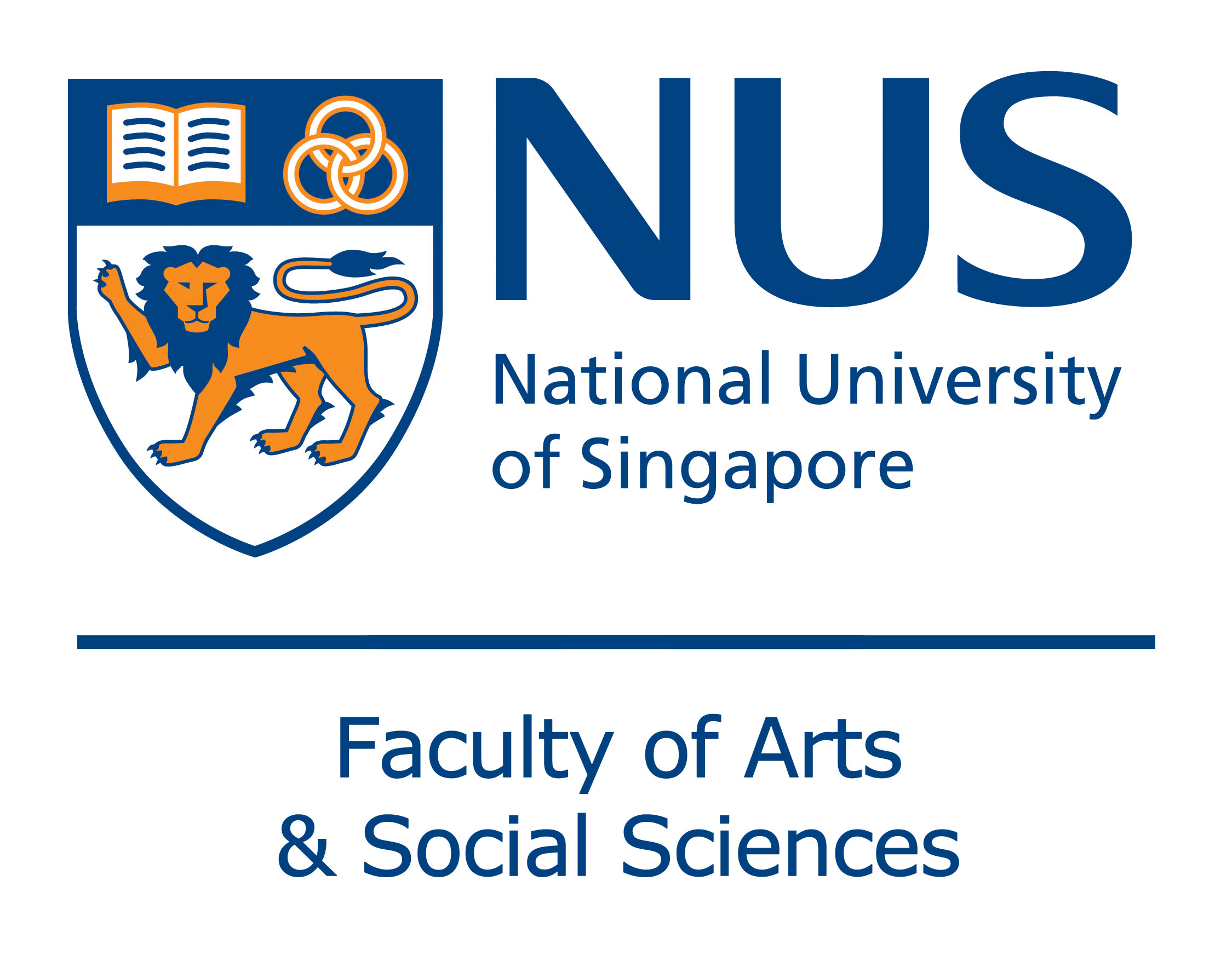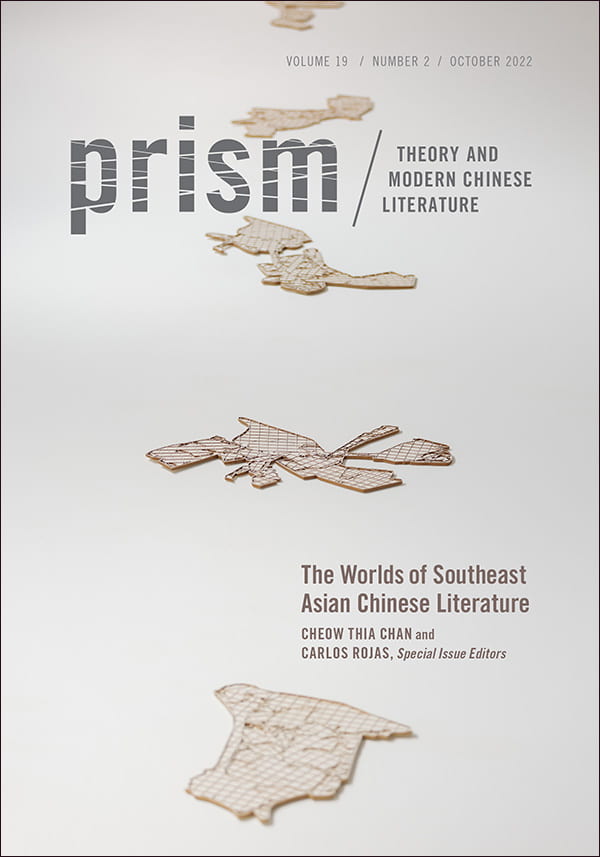The Worlds of Southeast Asian Chinese Literature
Prism: Theory and Modern Chinese Literature (special issue)
Editors: Cheow Thia Chan and Carlos Rojas
Co-edited by Assistant Professor Cheow Thia Chan (NUS Department of Chinese Studies), and Professor Carlos Rojas (Duke University), this special issue of Prism: Theory and Modern Chinese Literature developed from two spring 2021 workshops titled “Between Mobility and Place-Making: The Worlds of Southeast Asia in Modern Chinese Literature” (在流動與地方創生之間:現代華文與華人文學裏的東南亞世界) organised by the NUS Faculty of Arts and Social Sciences Research Division and the Department of Asian and Middle Eastern Studies, Duke University. The special issue was funded by the Lee Kong Chian NUS-Stanford Distinguished Fellowship on Southeast Asia, Duke University’s Department of Asian and Middle Eastern Studies, and the Chiang Chingkuo Foundation Inter-University Center for Sinological Studies. In addition, the NUS-Stanford Fellowship assisted in making the translation of the two Chinese language articles in the special issue possible.
The 13 articles feature an array of literary works by Southeast Asia’s ethnic Chinese writers who hail from and/or reside in Singapore, the Philippines, Indonesia, and Malaysia. Through careful attention to a mix of canonical works and less examined genres, the authors examine literary forms such as contemporary English-language Philippine speculative fiction, Chinese-language Singaporean flash fiction, poetry written in a Batavian-Hokkien creole from the 1920s, 20th century classical Chinese poetry, and a variety of Malaysian Chinese fiction.
Co-editor Cheow Thia Chan’s article, ‘Off-Center Articulations: Social Class, Postcolonial Singapore, and Reorienting Southeast Asian Chinese Literary Studies‘, focuses on the 2015 novel Exile or Pursuit by Singaporean Chinese writer Chia Joo Ming and how Chia characterizes class differences between the Chinese-educated and the English-educated in the city-state’s ethnic Chinese community. Chan advocates for further examining the impact of Chinese language education on the diverse groups of Southeast Asian Chinese as a means of broadening and deepening the study of Southeast Asian Chinese literature and culture. In addition, Chan, writing the special issue’s conclusion, proposes understanding literary production by Southeast Asian Chinese as occurring within “zones of convergence”, where ethnic Chinese from different geographic origins, educational and occupational backgrounds, and dialect groups encountered, intermingled, influenced, and blended with one another, building their own unique communities and cultural repertoire.
Read Prism here: https://read.dukeupress.edu/prism/issue
Chan, C. T. & Rojas, C. (Eds.). (2022). The Worlds of Southeast Asian Chinese Literature [Special issue]. Prism: Theory and Modern Chinese Literature, 19(2).



You must be logged in to post a comment.